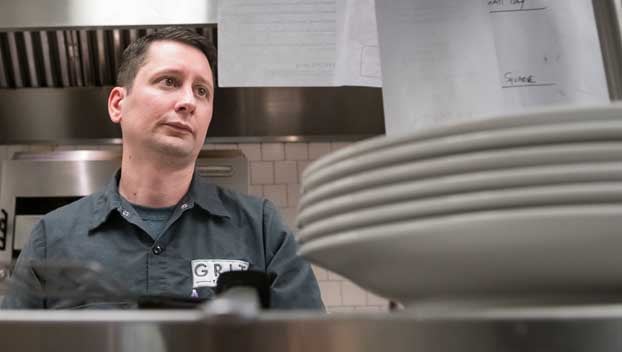Life-gripping addictions knocked them down, but they’re back on their feet again
Published 11:12 am Thursday, September 5, 2019



He wanted to finish his bachelor’s degree but was reluctant to return to Oxford. He was only familiar with the nightlife, after having spent lots of his time either working in bars or patronizing them.
His grandmother, who works as a counselor, found a resource for him that would become invaluable. She gave him information on the CRC. Aron followed up with Cromeans to make sure the support would be what he needed before he decided to re-enroll at Ole Miss.
These days, he’s an education major and finding ample help in CRC.
“It has been invaluable, for one because I have a lot more nontraditional students in the CRC,” Aron said. “A lot of them are people who have obligations outside of class, or all of their obligations are in class.
“I’m taking 18 hours, not because I’m just an overachiever or because I’m obsessive, like most addicts are, but I have to do it to graduate on time.”
Finding normal
Aron has learned a term that is important to him: “terminal uniqueness.” It refers to the false belief many addicts have that their experience is unique to themselves and that any other addict won’t be able to relate to them. This keeps many out of recovery because they think they’re alone.
“You make yourself think that it had nothing to do with the drugs and the alcohol because even six months later when I am clean and sober, I am still thinking about killing myself all of the time,” Aron said. “When you start drinking and smoking pot at 13 and eight years later, you go for the first time since you were 16 for just three days without using, your brain is still messed up.”
He’s found it important to be involved in student organizations that give a lot in return for his time. Those groups have to serve his needs as someone in recovery.
“Every time I come to a CRC meeting, or event, it helps me as a recovering alcoholic because I feel like I am giving back to other addicts and alcoholics, which is one of the tenets of any 12-step program, or any recovery program,” Aron said.
“It’s going to take a couple of years to get back to normal. That’s what I am in right now, but I’m so hopeful about my future.”
This article was written by Michael Newsom with the University of Mississippi’s communications department.







